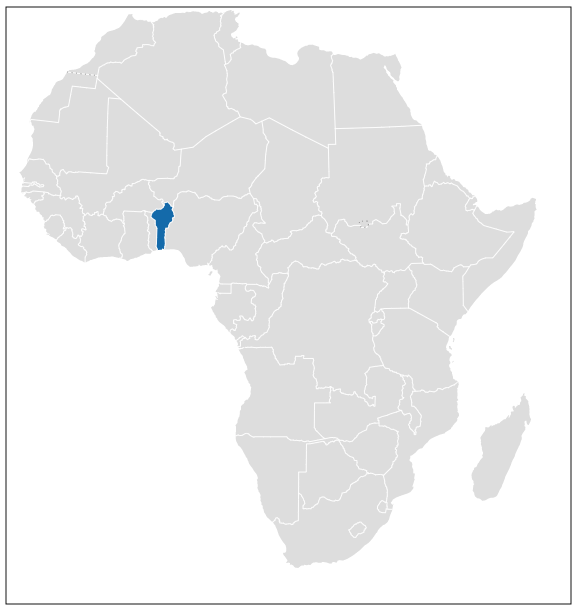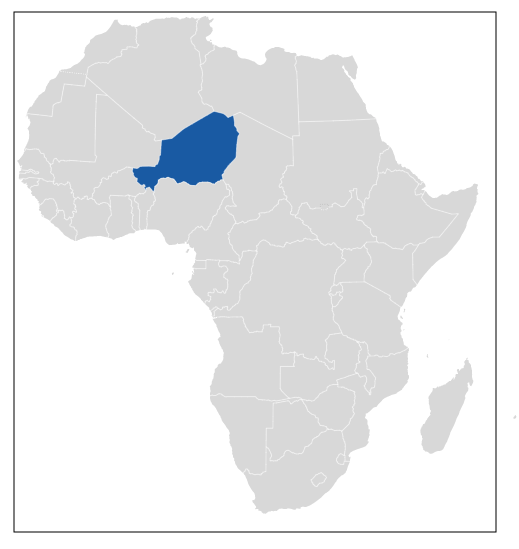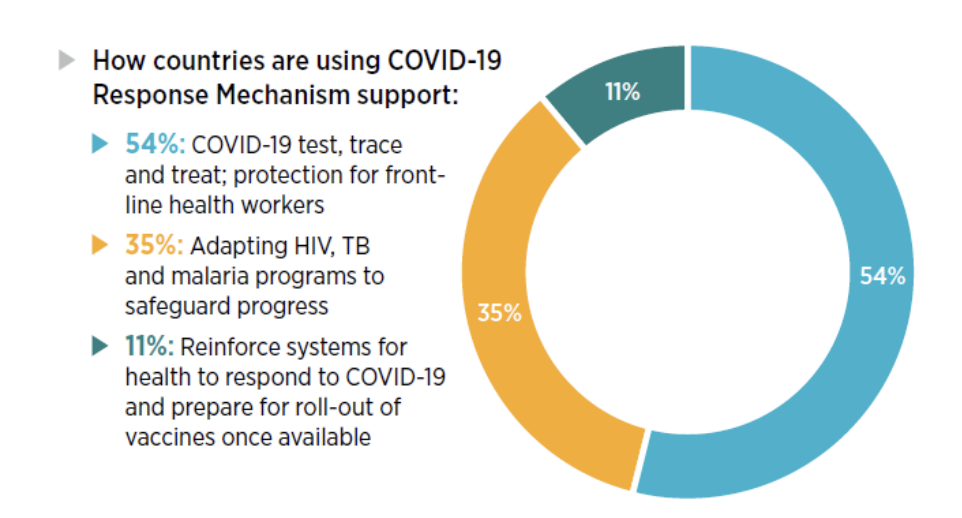July 21, 2021
THE GLOBAL FUND AND COVID-19
The Global Fund is a public-private partnership committed to accelerating the end of the AIDS, tuberculosis and malaria epidemics. It invests more than $4 billion a year to support programs run by local experts in more than 100 countries.
Since March 2020, the Global Fund has played a critical role in the international COVID-19 response, working with partners to purchase and supply COVID-19 tests; strengthen local health systems so they can test, track and treat COVID-19 now and they are prepared to roll out treatments and vaccines once available; provide health workers with personal protective equipment; and adapt critical HIV, TB and malaria programs so they can safely operate during COVID-19.
Learn More: How COVID-19 is affecting the global response to AIDS, tuberculosis and malaria
GLOBAL FUND CREATES MECHANISM TO RESPOND TO COVID-19
The Global Fund announced on April 9, 2020 that it is establishing a new mechanism to channel donor resources to fight COVID-19 in hard hit countries around the world.
The Global Fund’s Board approved $500 million for the new funding stream. This follows an initial allotment of up to $500 million that the Global Fund made available to grant implementing countries in early March. Public and private donors are encouraged to contribute additional funds to the emergency response fund to help meet the growing need for resources to address COVID-19 globally.
On April 27, 2020, Reps. Barbara Lee (D-CA) and Martha Roby (R-AL) led a bipartisan letter to House Leadership signed by 105 members of Congress calling for an emergency $1 billion for the Global Fund COVID-19 Response Mechanism. The Global Fund COVID-19 Response Mechanism is designed to protect progress on AIDS, TB and malaria and is one part of what should be a multi-faceted approach by the U.S. to address COVID-19 around the world.
Resources channeled through the emergency response fund will go towards preparedness assessments, laboratory testing, surveillance infrastructure, infection control in health facilities and public information campaigns, among other activities. Funds will also be used to shore up responses to the AIDS, tuberculosis and malaria epidemics that are strained by the COVID-19 pandemic.
Because of the Global Fund’s robust grant-making capabilities, global procurement expertise, and longstanding local networks — with governments, civil society organizations and affected communities — it can quickly deploy and monitor resources on the ground.
As one part of U.S. response to COVID-19, global response experts, working with the USGLC, have assembled a $12 billion proposal for Congress to respond to COVID-19 around the world.
REPURPOSING GRANTS TO FUND IMMEDIATE COVID-19 NEEDS
To date, 96 countries and nine multi-country programs are using Global Fund resources to fight COVID-19.

COVID-19 poses a serious threat to vulnerable communities and systems around the world.
Immunocompromised people — such as those with tuberculosis and people living with HIV and not yet taking medication — are particularly vulnerable to respiratory illnesses such as COVID-19. Parents with young children with possible malaria infections may be scared to take them to clinics or hospitals if there is a risk of contracting COVID-19.
The virus threatens to derail progress on HIV, TB and malaria through disruption not only to treatment or other interventions, but also to supply chains of critical medicines and medical supplies. Experience from the Ebola outbreak in West Africa suggests that unless mitigating actions are taken, additional deaths from existing diseases such as malaria could be at least as high as those from the outbreak itself.
That’s why the Global Fund is encouraging countries to redeploy underutilized assets, repurpose grant savings and, in exceptional cases, reprogram up to 5 percent of funding from existing grants to fight COVID-19. Because of the Global Fund’s unique grant-making capabilities, it can quickly deploy resources on the ground to respond to emerging threats. The reprogramed resources can go towards epidemic preparedness assessments, laboratory testing, sample transportation, surveillance infrastructure, infection control in health facilities, and public information campaigns among other activities. Particular attention should be given to health worker protection, communication with affected communities, maintenance of essential services, supply chain coordination, early replenishment of stocks, disinfection of assets and waste management.
Global Fund Takes Lead on Diagnostics in Innovative New Partnership
The Global Fund is a founding partner of the Access to COVID-19 Tools (ACT) Accelerator – a global collaboration of organizations and governments working to accelerate development, production and equitable access to new COVID-19 technologies. As part of the ACT Accelerator, the Global Fund is taking the lead on diagnostics to ensure that low and middle income countries have more access to COVID-19 testing kits.
Until a vaccine has been developed and produced for global use, rapid diagnostic testing is the most important medical technology available today to limit the spread of COVID-19. For low- and middle-income countries, investing $1.3 billion now would procure and deploy up to 85 million tests, based on an initial mix of 50 percent rapid tests and 50 percent molecular tests. This investment would further contribute to saving 9 million lives, and strengthen health systems to overcome the COVID-19 pandemic.
STRENGTHENING HEALTH SYSTEMS
Strong health systems are critical to help countries respond to the COVID-19 outbreak and to ensure people continue to receive quality care for existing life-threatening diseases including HIV, TB and malaria. Strong health systems reinforce health security for the local population and globally.
The Global Fund invests more than $1 billion per year in health systems to improve procurement and supply chains, strengthen diagnostics and surveillance capacities, strengthen data systems and data use, train qualified health care workers, build stronger community responses and systems and promote the delivery of integrated health services.The Global Fund was investing in health systems long before the COVID-19 outbreak, and it will continue to do so for years to come as a critical part of its mission to end HIV, TB and malaria. As world leaders seek to prevent future pandemics, they should invest in global health security through the Global Fund.


